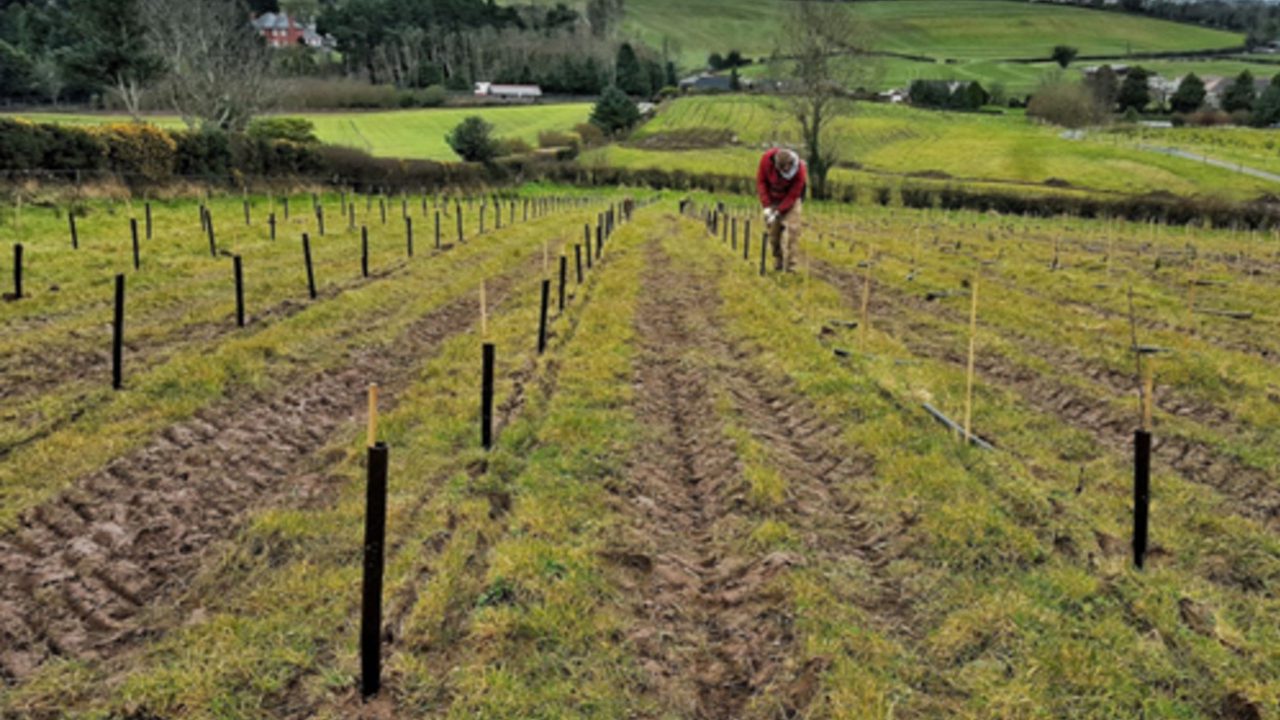SDLP MLAs have called for action to repair Northern Ireland’s woodland after a report published this week warned the UK’s forests are at “crisis point”.
The report by the Woodland Trust found that Northern Ireland had the smallest proportion (1%) of its Area of Special Scientific Interest (ASSI) woodland in a ‘favourable’ condition.
The region also had the second-largest proportion (61%) of its ASSI woodland in an ‘unfavourable’ condition, second to only to Wales, which had two-thirds of its classified was in decline. It’s important to note, however, that Northern Ireland also had the largest proportion of unclassified forest (around 25%), suggesting there could be a degree of uncertainty to the figures.
The report concluded that alien and problematic species were among the biggest challenges to woodland in Northern Ireland. With inappropriate management an issue in England, and browsing and grazing damage and invasive species both major challenges in Scotland.
However, there was some positive news: It’s estimated that in 1905, only 4.7% of the UK was covered by woodland. The area of woodland has nearly tripled since then to 13.2%. However, the rate of afforestation was found to have slowed substantially since the 1980s.
‘A biodiversity crisis’
Dolores Kelly, sponsor of draft Environment and Nature Restoration legislation at Stormont, said that the scarcity of local woodlands is contributing to a “biodiversity crisis” in the North, and demanded action from the executive.
“Woodland coverage in Northern Ireland is among the worst across these islands. Our forests and wooded areas provide a much-needed break from our increasingly urbanised lives and there’s no doubt that, over the last 12 months, people have started to reconnect with our natural environment,” she said.
“It is a shocking assessment that just 8% of land here is forest. The stripping back of what was once a temperate rainforest in this part of the world is creating a severe biodiversity crisis that needs to be addressed immediately,” Kelly added.
“That is why I am seeking to give statutory underpinning to biodiversity targets that will include the restoration of our rich woodlands.”
Patsy McGlone, a member of the Stormont Agriculture, Environment and Rural Affairs Committee, backed the calls, adding that a new strategy is needed to incentivise greater numbers of land managers to invest in ecosystem services.
McGlone said: “Woodlands are incredibly important as a habitat and source of biodiversity, particularly in rural communities. But they also provide an important way to absorb excess carbon in our atmosphere, helping to address the climate crisis.
“As the future of land management remains in flux as a result of Brexit, we have an opportunity to invest in ecologically positive practice that restores nature and secures the future of rural businesses,” McGlone concluded.
